UN Reports Expect Increases in Extreme Poverty for Women and Child Death as a Result of COVID-19
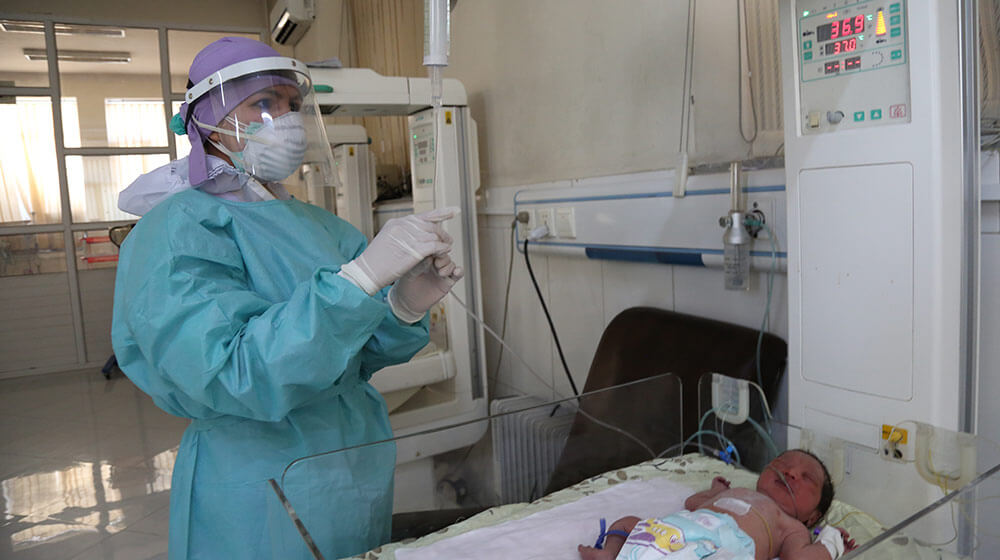
© UNFPA Afghanistan/Zaeem Abdul Rahman
UN reports released this month point to troubling outcomes from the COVID-19 pandemic for women’s and children’s health and well-being.
The pandemic and its consequences are likely to push 47 million more women into poverty. Poverty as a whole will rise, says one report, but women of reproductive age will be disproportionately affected.
Additionally, UN agencies fear COVID-induced disruptions to child and maternal health services could lead to an increase in child deaths.
Both reports come on top of earlier estimates from UNFPA, the United Nations reproductive health and rights agency. UNFPA predicts the pandemic will result high levels of additional unintended pregnancies, child marriages, cases of FGM, and instances of gender-based violence.
Many of these negative outcomes can be mitigated through investments that empower women and girls. This includes increasing access to family planning and providing maternal care and safe birth services.
Increasing Poverty for Women
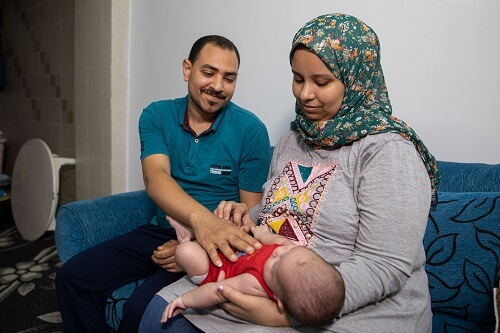
© UNFPA Egypt/Roger Anis
A report released by UN Women and the UN Development Program shows the pandemic will push 96 million people into extreme poverty by 2021. It is predicted that 47 million of these individuals will be women and girls.
The level of women and girls living in poverty and extreme poverty will not revert to pre-pandemic levels until 2030. Extreme poverty is living on $1.90 a day or less. That’s the cost of a bottle of water or a pack of gum.
The report focuses on an alarming component of global gender inequality: the gender poverty gap. This is the difference between the number of men and women living in poverty.
By 2021, for every 100 men living in extreme poverty, 118 women will live in extreme poverty. This gap is expected to increase to 121 women per 100 men by 2030.
Increasing rates of extreme poverty for women lead to diminished opportunities and poorer health. This will have ripple effects in families and communities around the world.
COVID Threatens to Revert Progress on Infant and Child Mortality
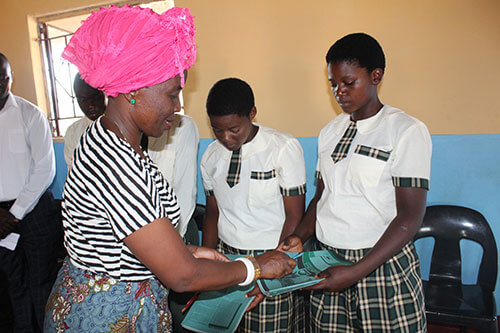
The number of children dying before their 5th birthday dropped from 12.5 million in 1990 to 5.2 million in 2019, the lowest point in history. However, COVID-19 could erase this achievement.
The report was created by UNICEF, WHO, the UN Department of Economic and Social Affairs, and the World Bank Group. It predicts an increase in child deaths is from disruptions in health services. Fewer people are receiving health check-ups, vaccinations, and prenatal and post-natal care. With resources constrained and people concerned about contracting the virus, many are unable to get the care they need. For pregnant women, mothers, and babies, this can be fatal.
The Impact on Reproductive Health
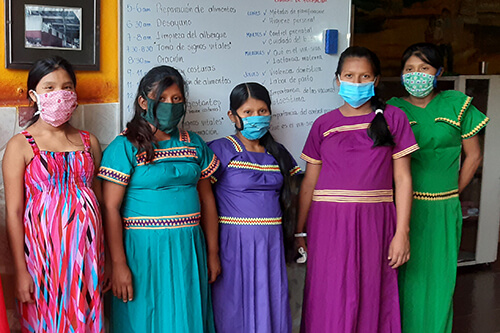
©UNFPA Panama/Osman Esquivel López
The UN reports compounded with previous predictions from UNFPA tell a dire story for reproductive health. In April this year, UNFPA stated the outbreak could cause more than 47 million women to lose access to contraception. This loss of care would lead to 7 million unintended pregnancies in the coming months alone. These unwanted pregnancies would cause higher rates of poverty, slower economic recovery, and more maternal and newborn deaths.
“The pandemic is deepening inequalities, and millions more women and girls now risk losing the ability to plan their families and protect their bodies and their health,” said Dr. Natalia Kanem, UNFPA Executive Director.
The predictions from UNFPA also included 31 million additional cases of gender-based violence. Further, experts expect 2 million more cases of female genital mutilation and 13 million additional child marriages.
Reproductive and Maternal Health as an Essential Part of Recovery
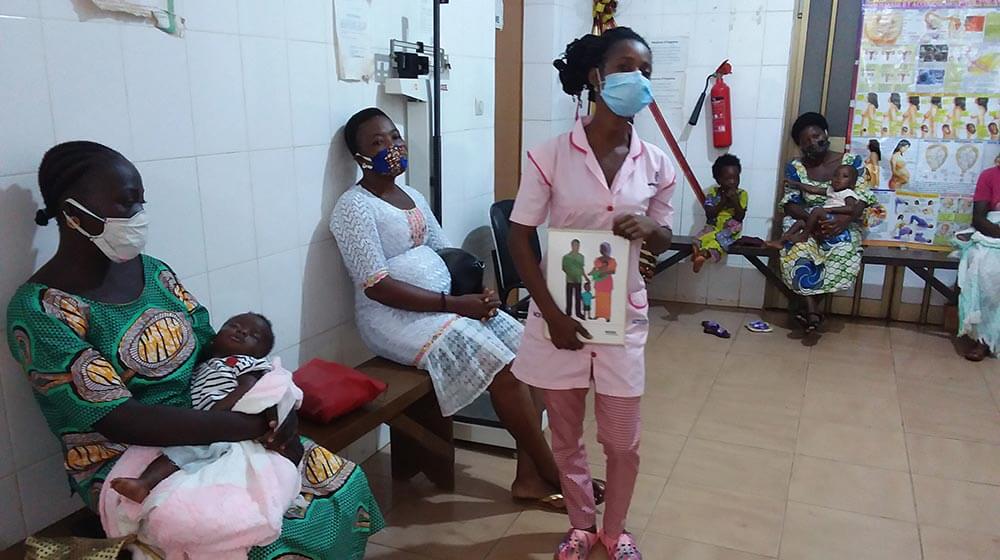
© UNFPA Togo/Rita Gbodui
To keep women out of poverty and to ensure healthy children and families, reproductive health services must be maintained. When women do not have access to family planning services, they are more likely to have unintended pregnancies. And when pregnant women are unable to attend prenatal care visits, they are more likely to experience complications. For 808 women every day, these complications take their lives.
However, when women are able to plan their future, they can end the cycle of poverty.
Even during the COVID-19 pandemic, UNFPA provides reproductive health services in 155 countries. By ensuring childbirth is safe, UNFPA empowers women to escape poverty and reach their full potential.
-Roger Nokes